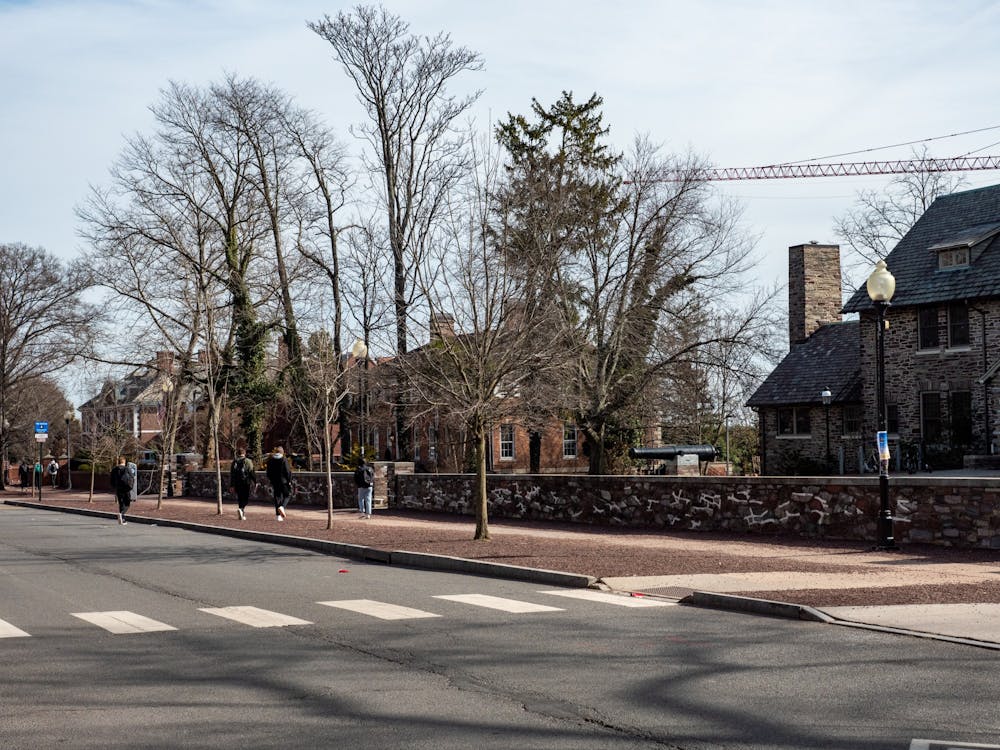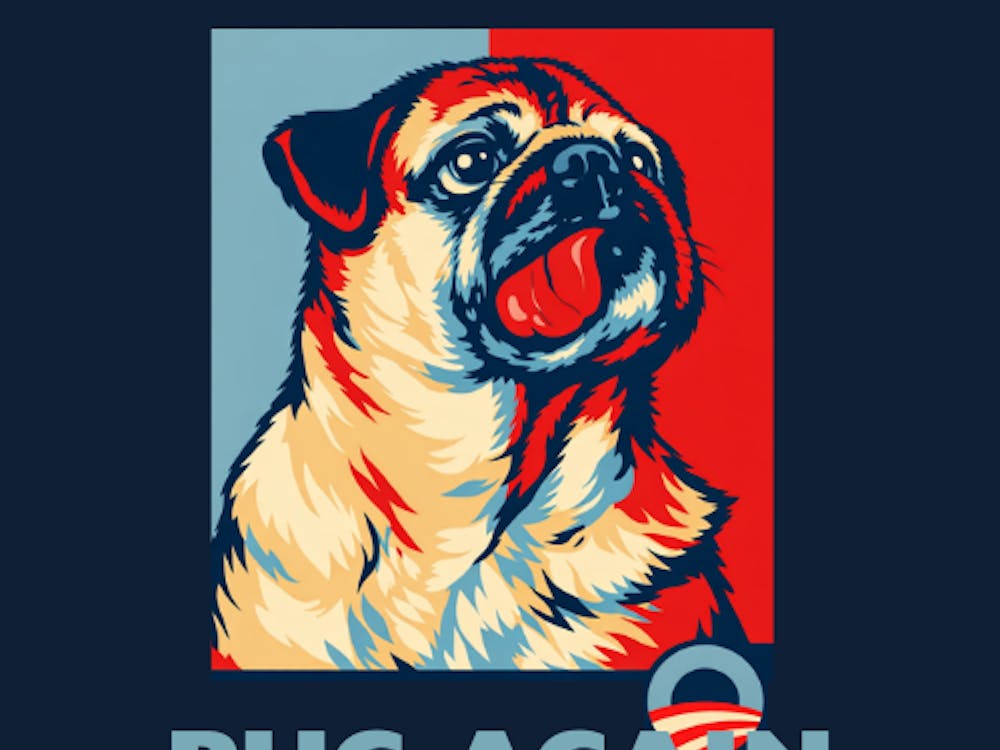The UMatter bus, a bus that provides weekend late-night service for students to ride home from the eating clubs, has faced a significant decrease in ridership since the onset of the COVID-19 pandemic. Some bus staffers attribute the decrease in ridership to the pick-up location and a lack of awareness about the bus.
After the pandemic sent students home in March 2020, the eating clubs opened and alternately closed with different waves of the pandemic. After clubs reopened in February 2022, , the University has not significantly restricted eating club events due to the pandemic.
Now, the UMatter bus, which runs every Thursday, Friday, and Saturday night between 12:30 a.m. and 2:30 a.m. to take students from Prospect Avenue to any undergraduate on-campus residence, is seeing lower numbers of riders.
In its most recent campus mobility plan, the University put a premium on buses, purchasing 17 new electric buses and expanding routes around campus.
Janine Mascari, staff advisor for the Peer Health Advisors (PHAs) program, described the decrease in UMatter ridership in an email to The Daily Princetonian. “Prior to Covid, the bus received about 2500 riders per academic year,” Mascari wrote. “Last year, because the eating clubs opened later due to Covid restrictions, there were only 400 riders.”
Mascari told the ‘Prince’ that “ridership is higher during the winter, which makes sense.” She added that “the bus is the busiest between 1:30-2:30 a.m.”
Charlie Tennyson, director of Transportation & Parking Services, wrote in an email to the ‘Prince’ that there are about 20 passengers per night who use the service. “Of course, there are higher numbers on some weekends when more social events are taking place,” he added.
One assistant bus driver told the ‘Prince’ that one challenge for UMatter bus ridership is that the pick-up location is “in a weird spot.”

“The location is weird because there’s also an on-demand bus that drives around,” he said. “But the UMatter bus sits all the way at the end of the street, so the kids leaving the first couple of houses on Prospect might not even see the bus sitting down there.”
“They need to change the location of where the pickup is, just to make it easier,” he added.
Students can either board the bus outside the Carl A. Fields Center or Fisher Hall, or flag down the bus anywhere between these stops on Prospect Avenue, according to Mascari.
Another challenge that the program faces that Mascari noted is that “sometimes students are not available to staff the bus and there are occasionally last-minute issues that mean the On-Demand bus runs, rather than the UMatter bus. On those nights, students can request a ride back to the dorms through TigerTransit, but it is not the UMatter loop with student staffers keeping an eye out to help.”

The bus is staffed by two trained Peer Heath Advisers (PHAs) or SHARE peers who attend to students and ensure safe transportation home from Prospect Avenue to residential buildings .
Gillian Hilscher ’23, one of the PHAs who volunteers on the bus, told the ‘Prince’ that she wishes the service was “more universally known” because “the people who use it seem to really appreciate it, but those are the people who already know about it.”
Hilscher, who began working as a PHA this year, said that the ride with ‘Prince’ reporters was her “first shift with actual people on the bus.”
However, Ergene Kim ’23, who has been a PHA since the spring of her first year at the University, told the ‘Prince’ that she finds that “a surprising amount of people actually use [the bus] and know about it.”
Kim is a former multimedia staffer for the ‘Prince.’
“I actually really like riding it because pretty much everyone who rides it is on the drunk spectrum, but they’re always really polite with the bus driver, and I like seeing that,” she said. She added that some people who take the bus are not drunk, but simply cold or unwilling to make the long trek across campus at night.
Another bus driver told the ‘Prince’ that she “hasn’t had any negative experiences.”
Mascari told the ‘Prince’ that the idea for a bus to drive students home after a night out came about through an engineering design thinking class, with the focus of “mitigating sexual aggression.” After a successful pilot, the students worked with UMatter administrators to incorporate the bus as a regular offering through the UMatter program, with some slight tweaks to implementation.
While Princeton’s UMatter initiative is tailored to Princeton culture, it was inspired by the University of Wisconsin–Oshkosh’s UMatter campaign.
Mascari wrote to the ‘Prince’ that “the student staffers (PHAs and SHARE Peers) have intervened with passengers on the bus, whether it is to respond to someone who is intoxicated and needs medical attention, create a distraction for someone who is experiencing unwanted sexual advances, or to check in on folks who are riding by themselves.” She noted however that “frequently, these are without issue.”
Hilscher explained that PHAs “don’t force anyone to get on the bus, but if people can’t walk, that’s when we might get someone else involved.”
There are currently three different drivers who take turns covering the UMatter service.
Tennyson explained that UMatter drivers are trained just like any other campus bus driver, but they also know “how to get in contact via radio with Public Safety dispatch for any emergencies.”
The assistant bus driver reflected on his experience driving students home, saying, “We’re just trying to get you guys home safely, that’s all it is.”
Abby Leibowitz is a News contributor for the ‘Prince.’ Raphaela Gold is a News contributor and a Features staff writer for the 'Prince.'
Please send any corrections requests to corrections[at]dailyprincetonian.com.








